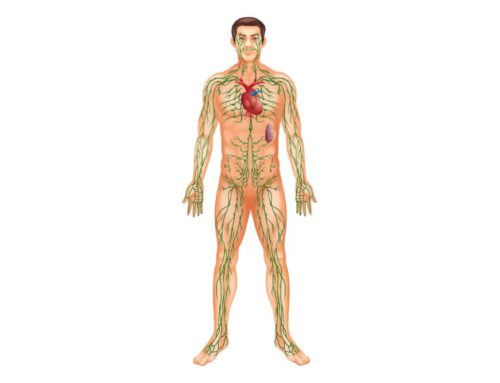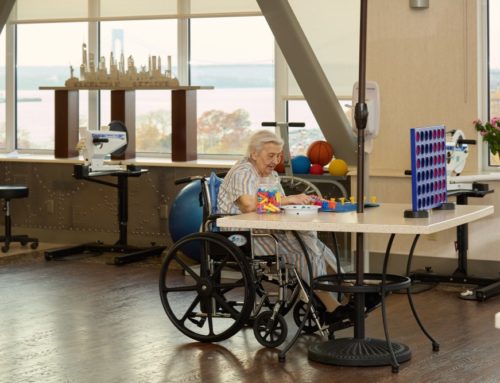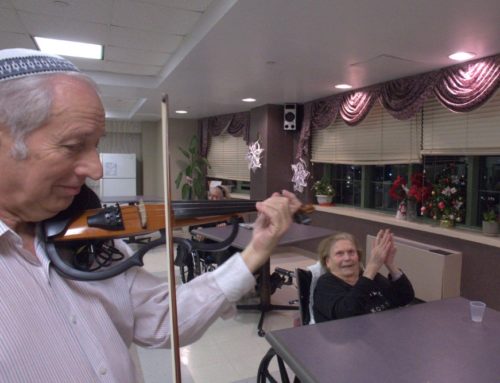Unexplained fatigue before a heart attack is one of several symptoms. During your recovery, you likely expect such issues to disappear. Unfortunately, extreme tiredness doesn’t always go away, sometimes worsening after a myocardial infarction and lasting for several months. Luckily, several methods for reducing the problem are available, regardless of the severity of the condition.
An essential part of heart attack recovery is cardiac rehabilitation. The program is supervised and customizable, featuring physical activity, counseling, and education on healthy living. Depending on the condition, inpatient care may be required, especially for elderly citizens needing extra support.

Haym Salomon Home for Nursing and Rehabilitation in Brooklyn, NY, offers specialized care for mild to serious cardiac problems at our highly rated facility. Our fully trained staff offers round-the-clock care to help you manage your condition for the best recovery possible. The following info covers treatments for post-heart attack exhaustion, though your doctor should be consulted before making any decisions.
Fatigue After a Heart Attack
After a heart attack, extreme exhaustion is one of the most common symptoms described by patients. Those who experienced tiredness before their heart condition report the issue is much worse during recovery. For some, fatigue lasts several weeks, while others suffer for as long as a year. It also ranges in severity, depending on the patient’s age, overall health, and underlying medical conditions.
Several factors contribute to the severity and duration of the fatigue. These include age, isolation, depression, stress, sleep habits, and coping abilities. The more variables you’re dealing with, the higher the risk of long-term fatigue.
How to get energy back?
Getting your energy back after a heart attack is the best way to combat fatigue. There is no guaranteed method for everyone, though some routine alterations can help.
Physical activity
You probably already know that exercising is one of the most recommended methods after heart attacks for reducing fatigue. But do you do it daily? It is crucial to be consistent with keeping physically active. Your doctor will likely recommend you start slow, with simple exercises or short walks. However, as your body becomes stronger, you can progress to slightly more vigorous workouts and longer sessions. Keep it regular.
Care for mental health
Heightened emotions are common with heart conditions, including stress, anxiety, fear, anger, and sadness. Higher levels of depression and anxiety make it harder to rest, causing your fatigue to worsen. Seeking counseling from a trained therapist or even discussing your concerns with family and friends could alleviate your worries.
When you’re in the dark about your condition, it becomes even more frightening since you don’t know what to expect. Educating yourself on what to expect during recovery is the best way to reduce these fears.
Lifestyle change
Lifestyle changes are also crucial for improving your condition. A healthier diet, including vegetables, fruits, lean meats, whole grains, and low-fat options, is the first step. Proper sleep habits are also essential, including eight hours of sleep a night and limited naps during the day. Quitting smoking and reducing alcohol intake are also recommended to improve your health and reduce fatigue after a heart attack.
Cardiac rehabilitation
For the best results, joining a cardiac rehab program is often recommended. It offers the various treatments we’ve described in one program, including safe exercises, dietary options, education, and counseling. It is also tailored to match each patient’s condition, so you receive specialized care to match your needs.
Resources:
https://www.cdc.gov/heartdisease/heart_attack.htm
https://www.ncbi.nlm.nih.gov/pmc/articles/PMC4744703/
https://www.ncbi.nlm.nih.gov/pmc/articles/PMC4826886/
https://my.clevelandclinic.org/health/articles/17055-heart-attack-recovery–cardiac-rehabilitation
https://www.heart.org/en/health-topics/heart-attack/life-after-a-heart-attack/heart-attack-recovery-faqs
This content comprises informative and educational resources only and can not be considered as a substitute for professional health or medical guidance. Reliance on any information provided in this article is solely at your own risk. If you have any inquiries or apprehensions about your medical condition or health goals, talk with a licensed physician or healthcare provider.






My husband had PD-5 programme about 4 months ago. Tremors in his hands and jaw are gone. It doesn’t make the Parkinson’s go away but it did give him better quality of life. we got the treatment from natural herbs centre